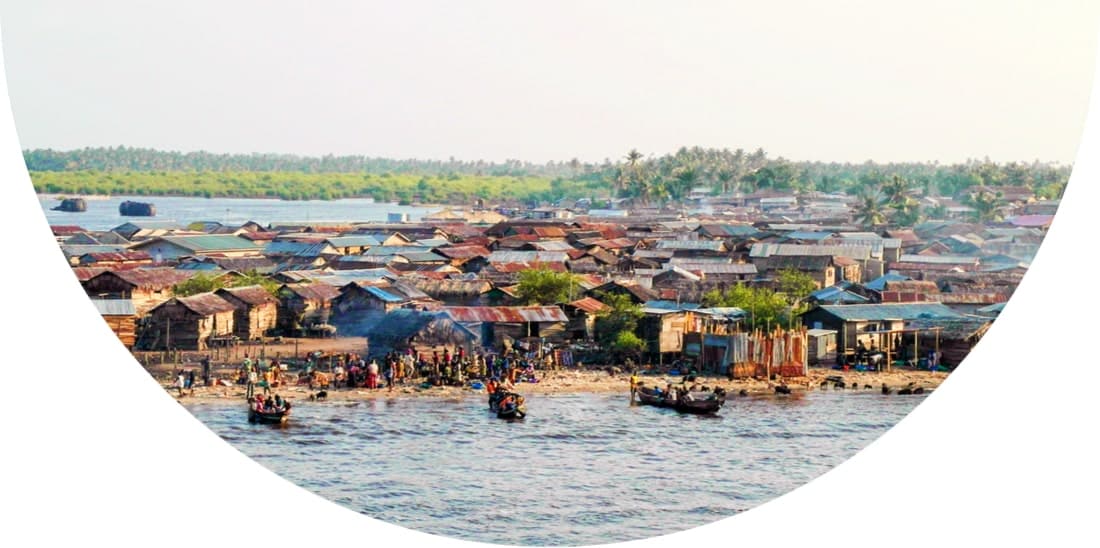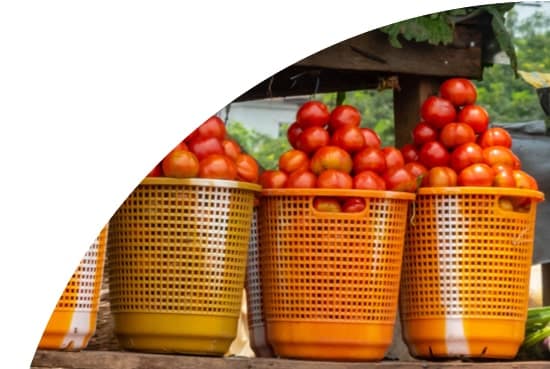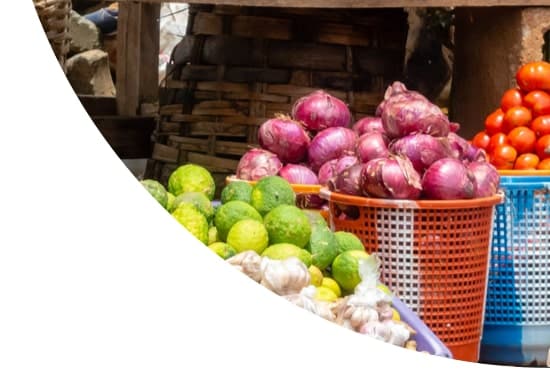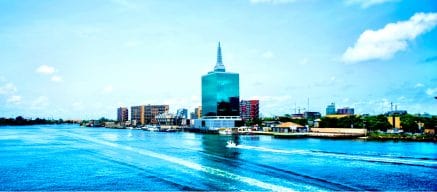Rift Valley fever (RVF) is an acute, fever-causing viral disease that usually affects domesticated animals (such as cattle and sheep), but can also infect and cause illness in humans. The majority of human infections are caused by direct or indirect contact with the blood or organs of infected animals.


Travel Vaccinations for Nigeria
Recommended Vaccines for Nigeria
The level of protection needed depends on your medical history and travel itinerary. Book now to get a personalised recommendation from our specialist travel nurses. The consultation costs £20 plus any vaccines you decide to take.
Flexible appointments with no upfront payment
Book Now
Destination Information for Nigeria
The rapidly-changing country of Nigeria is an exciting African destination. Full of life, colour and noise, this dramatic country is one of diversity: offering golden sandy beaches, flowing rivers, beautiful mountain views and incredible wildlife.
Nigeria is the most densely populated country in Africa, and the seventh most highly populated in the world. It is known for its production of valuable oil, however this has also been at the root of many of Nigeria’s troubles and political difficulties.
There is a lot to see and do for travellers; from bars and beaches to tropical rainforest, mountain escapes and ancient Muslim cities. For a remote experience to remember, head to Obudu, close to the border with Cameroon.
The resort here boasts forest walks, superb hiking, one of the world’s longest cable cars and stunning swimming pools. Yankari National Park, in the centre of Nigeria, is the best place in the country to see wildlife including lions, leopards, hyenas, baboons and many more. You can join an organised safari or take a guide in your own vehicle.
You can visit Lagos, the main city of Nigeria, to experience a true African metropolis. This is Nigeria’s commercial capital and the largest city in Africa. Its coastal location means you’ll find plentiful beaches as well as markets, museums and more. For anyone wishing to discover a vibrant and fast-developing side of Africa away from typical tourist spots and package holidays, Nigeria is a fantastic starting point.
Before journeying to Nigeria it is important you have the right travel vaccinations, as all visitors are advised to get the hepatitis A, yellow fever, typhoid and tetanus, diphtheria and polio vaccines. Certification rules exist on entry into the country for yellow fever and polio. The risk of malaria in the country is high which means you should consider taking antimalarial tablets to reduce your risk of infection. There are insects and parasites that cause other non-vaccine related illnesses so please make an appointment to get the best advice.
Infections and Outbreaks frequently change from country to country and by attending our clinics you will be given the most up to date clinical and safety advice from our team of specialists. Our advice to you often includes aspects such as:
- Food and water hygiene
- Insect and animal bite avoidances
- Personal safety
- Sexually transmitted infections
- Sun protection
- Altitude sickness
Malaria and regions within country:
There is a high risk of P.Falciparum malaria throughout Nigeria and anti-malarial medication is recommended.
Additional Health Risks Information for Nigeria
The security situation in Nigeria is volatile and unpredictable, and travellers are advised to take extra care, as there is a high risk of crime throughout the country. The safest areas to visit are currently Abuja, Calabar and Lagos, however even here you should exercise caution. Roads in Nigeria are often poorly maintained and badly lit, so be aware of what’s around you when travelling in a vehicle or walking close to a road. If you can, arrange to arrive in the country and do the majority of your travelling during daylight hours. Travel with a driver who has local knowledge of alternative routes to take if necessary.
Medical care and facilities are basic and extremely limited outside of the major cities. You should take with you all the medication you anticipate you will need for your entire stay, as even prescription medicine and over-the-counter drugs cannot be guaranteed to be genuine.
The climate in Nigeria is hot and dry during the summer, and heatwaves are common during the hot season from November to April. Stay covered up as much as possible, hydrate yourself by drinking clean bottled water, and use an appropriate sun protection cream. During the rainy season from May to October, flash flooding is a possibility.
Latest Nigeria Articles
NIGERIA: Introduction of the new Electronic Yellow Fever Card
The Federal Government of Nigeria have announced their intention to phase out & replace the yellow fever certificate with an e-Yellow Card version with effect from 1st July 2019. Further clarification from the World Health Organisation (WHO) and NaTHNaC (Public …




